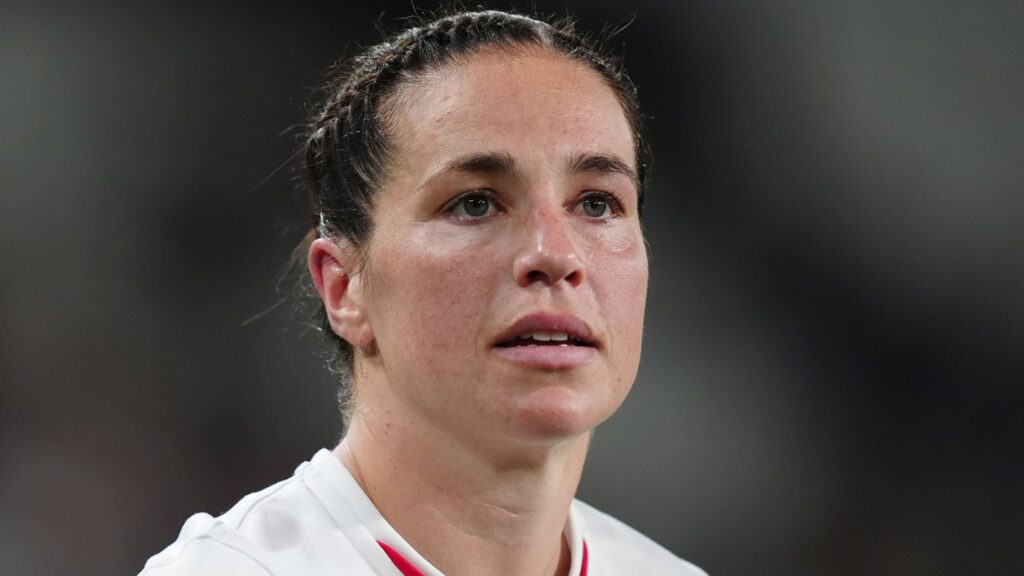England rugby legend Emily Scarratt has announced her retirement, bringing to an end a glittering 17-year international career that saw her win two World Cups, 11 Six Nations titles, and earn 119 caps for the Red Roses. The 35-year-old centre said the time felt right to step away after representing her country across five World Cups — a record for an England player.
Scarratt made her England debut in 2008 and quickly became one of the most influential figures in women’s rugby. Renowned for her composure, skill, and leadership, she helped England transition from amateur to professional status, leaving an indelible mark on the sport. She retires as England’s all-time leading points scorer with 754, third on the list for both caps and tries, and was named World Rugby’s Player of the Year in 2019.
At club level, Scarratt represented Lichfield and Loughborough Lightning, where she will remain as an assistant coach. She will also begin a new chapter with the Rugby Football Union, taking on a specialist coaching and mentoring role to help nurture the next generation of players.
Reflecting on her decision, Scarratt said playing for England had been the greatest privilege of her life. She expressed gratitude for her teammates, coaches, family, and fans, acknowledging that rugby had given her incredible memories and experiences. From her first appearance in 2008 to performing in front of more than 80,000 fans in a World Cup final, Scarratt described her career as a remarkable journey she will cherish forever.
Her career also included outstanding achievements in rugby sevens. Scarratt captained Team Great Britain at the 2016 Rio Olympics, finishing fourth, and claimed a Commonwealth Games bronze medal with England Sevens in 2018. She was named player of the final at the 2014 Rugby World Cup after leading England to victory and topping the tournament’s scoring charts with 70 points.
Although her playing days are over, Scarratt’s influence on women’s rugby is far from finished. She remains passionate about helping shape the future of the sport and supporting young athletes through her new coaching roles. As one of rugby’s most iconic figures, her retirement marks the end of an era — but also the start of a new chapter in developing the next generation of Red Roses stars.

